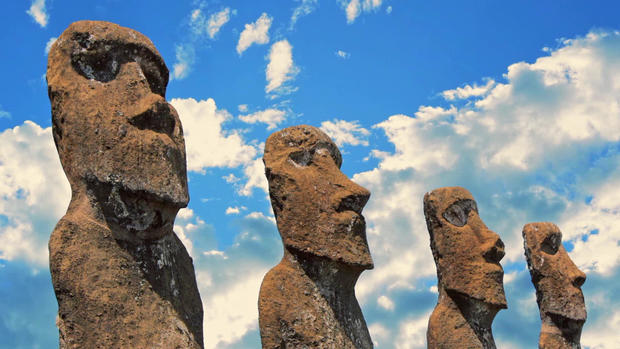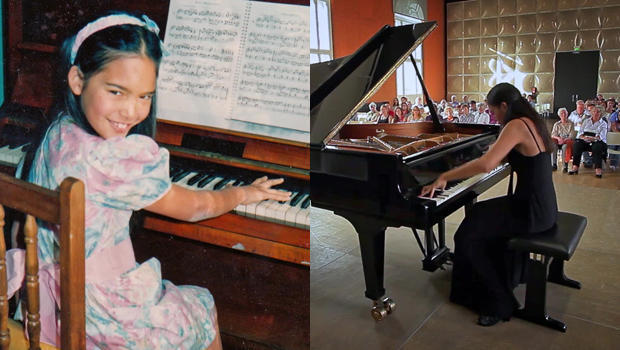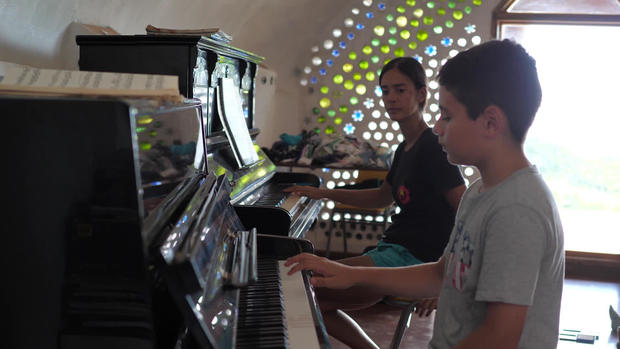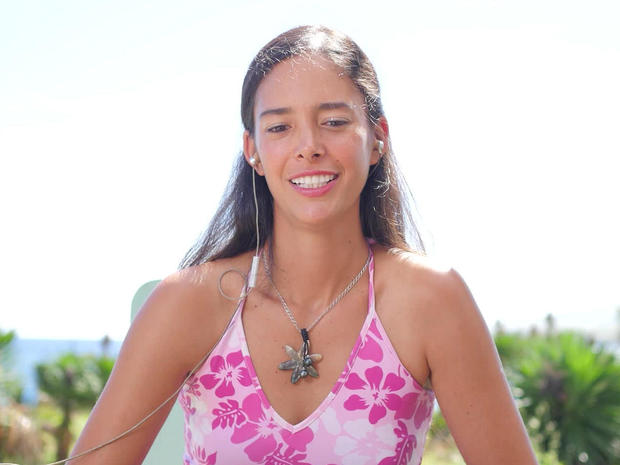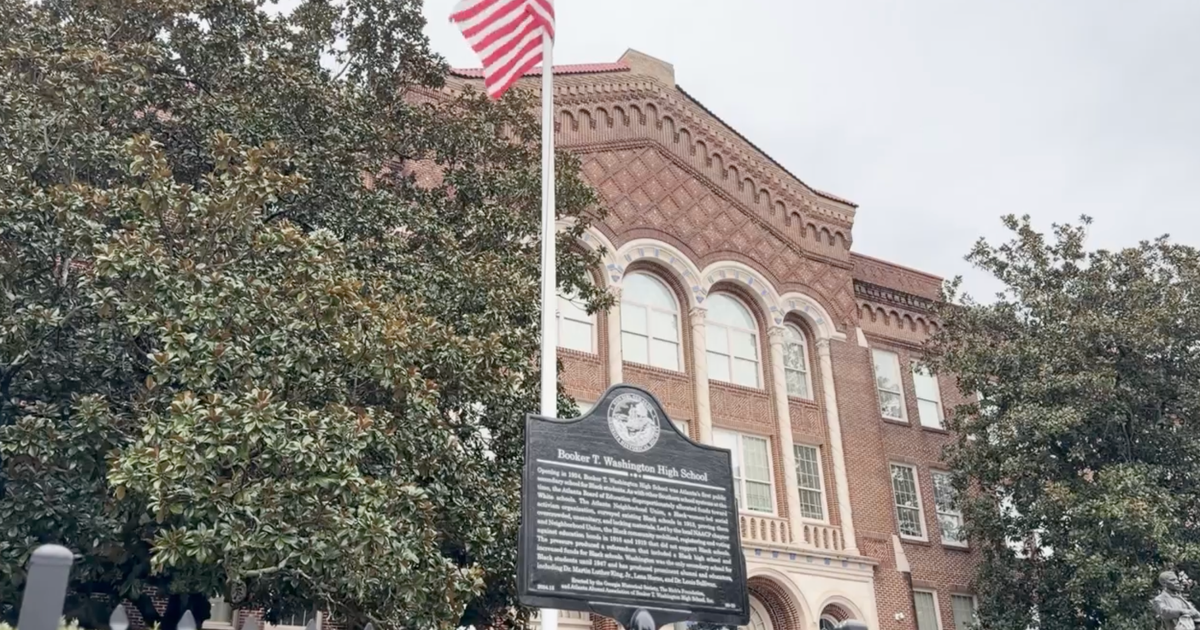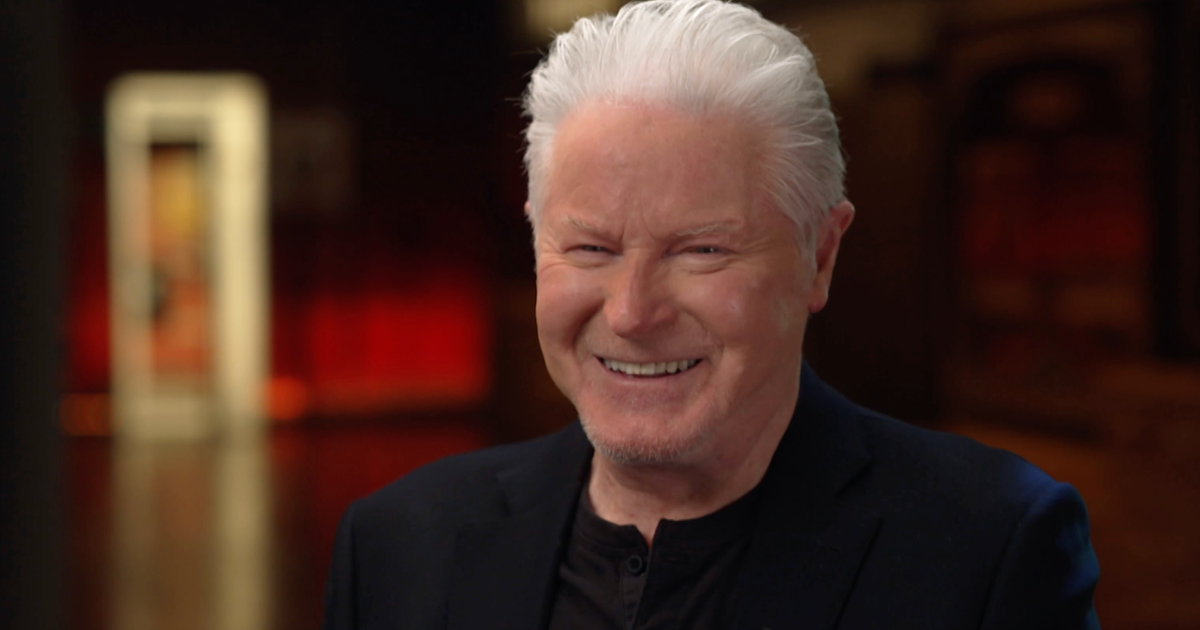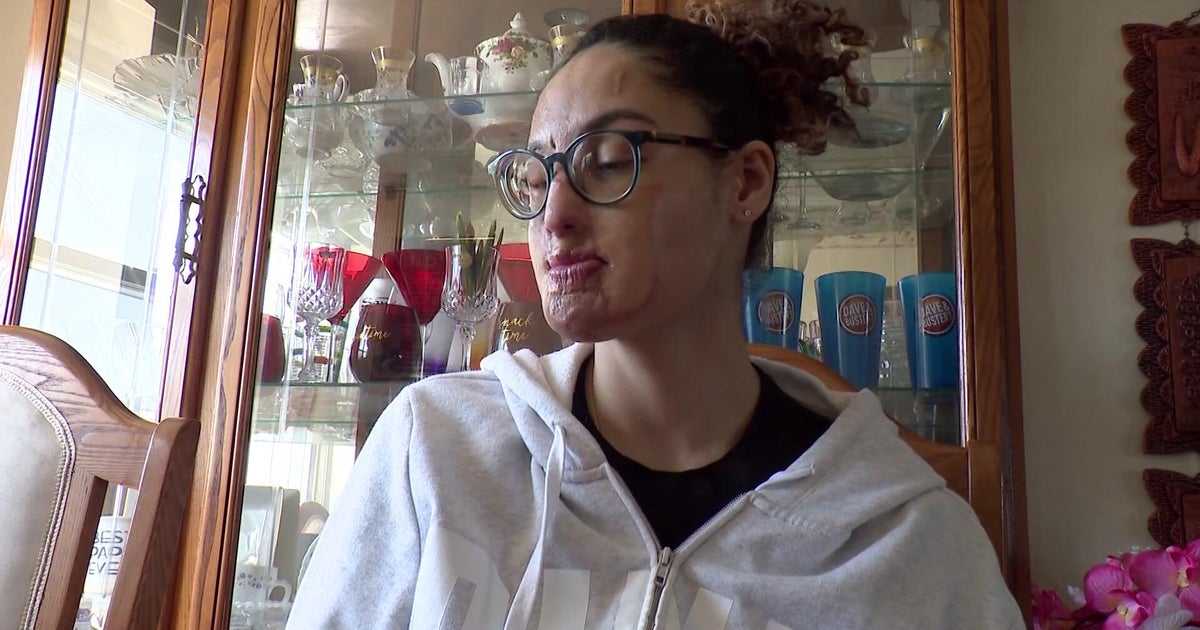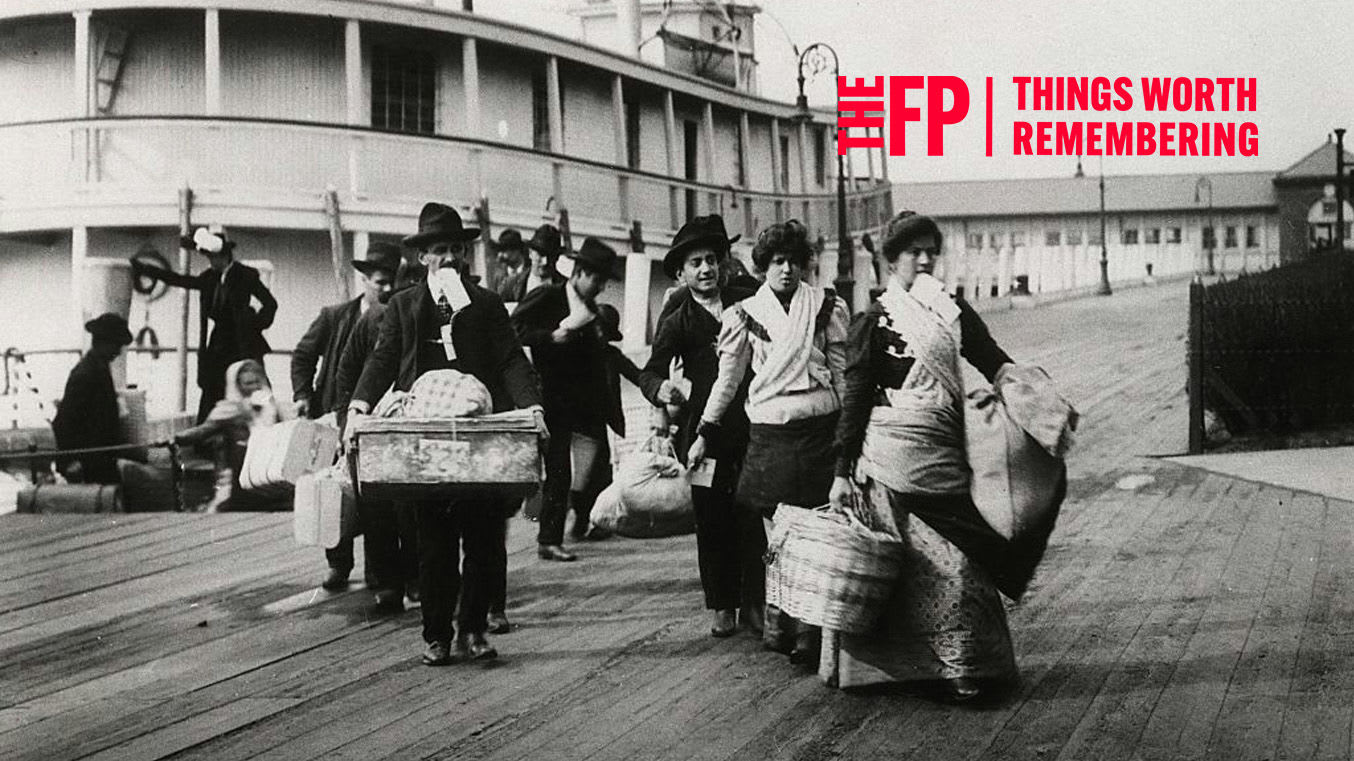Building Easter Island's first music school
Concert pianist Mahani Teave has traveled the world, But Rapa Nui, sometimes known as Easter Island, is her home.
"Rapa Nui – that's what we call ourselves here also," she said. "That's our people, the Rapa Nui people."
It's a triangle-shaped island about the size of Washington, D.C., way out in the South Pacific. And it's best known for the 13-foot statues called Moai. Scholars think they were built to honor the island's elders.
"Our ancestors were all voyagers," Teave told correspondent Kelefa Sanneh, "and maybe that's what's in my blood, too, this coming and going."
In the 1700s, Dutch explorers came to Rapa Nui. They landed on Easter, so they called it Easter Island.
In the late 19th century, slave raiders from Peru abducted about half the island's population, and left behind smallpox, which killed many of the remaining islanders. Only 111 Rapa Nui survived.
"We're talking about a place that's only been inhabited by humans for maybe 1,000 years?" Sanneh said.
"That is true, right, but a lot has happened," said Miki Makihara, a linguistic anthropologist at Queens College in New York, who has been studying Rapa Nui culture for 30 years. "It's a remarkable history of survival and reconstruction."
Sanneh said, "Those 111 people kept the language alive, and transmitted it to the next generation – it's a comeback story."
"Yes!" Makihara laughed.
Nowadays, Rapa Nui is part of Chile, which is the closest mainland – 2,000 miles away. And Teave is a descendant of those 111.
Teave was born in Hawaii to an American mother. But her father is from Rapa Nui, and she spent most of her childhood there: "I feel, like, so strongly about the island, and here are my roots. This is where I learned all my first everything."
She still remembers the day she heard that someone had brought something new onto the island: a piano. "'We gotta go see that piano! Let's go see!' So, we get to the lady's house. And she opens the door. 'Please, can I go touch your piano?' And I don't think she even got a chance to answer. And then after that, I was like, 'Please, please, I want piano lessons.'"
There were no piano teachers on the island, so Teave asked the woman who owned the piano to give her lessons.
"She got a piece of paper out, she drew some lines: 'These are the notes. Go home and learn them,'" Teave laughed. "I memorized what each little thing on each little line and space meant. And after a few days, she said, 'You know what? You can start coming to practice at my house.'"
In 1992, Teave's family moved to Chile, where she could study at a conservatory. She was nine.
Sanneh asked, "Was that a scary time for you?"
"It was just a very confusing time. And at the same time, there's this possibility to be able to continue with, you know, wonderful music."
When she was 19, she left Chile to continue her studies, first in Cleveland, then Berlin. Soon, she was a celebrated concert pianist.
"I would feel soaked with so many wonderful things, you know, going to amazing concerts and interacting with incredible musicians," Teave said.
Sanneh asked, "Did you always know you wanted to come back to Rapa Nui at some point?"
"Well, I always felt the connection to the island. And what about the children? They don't have any chance in society, and who's ever gonna do anything about it?"
Teave returned to Rapa Nui a decade ago, and in 2014 she built the island's first music school. Last year, it was featured in the documentary, "Song of Rapa Nui."
"We wanted to make an inspiring place, like, a message of hope," she said.
The school was constructed using an abundant un-natural resource: trash. "We are in a garbage vortex, so garbage from all over the world comes through the currents of the Pacific," Teave said.
This school, built from garbage, is all about transformation.
Sanneh asked, "Are you hoping to find the next great concert pianist on Rapa Nui?"
She replied, "The children have the possibility to develop their talent. I really think it's important that they cultivate the values, the virtues that are learned when you learn an instrument. You learn perseverance, you learn about teamwork, respect."
Before the pandemic, some people on Rapa Nui were concerned that tourism was damaging the island. Now, Mahani Teave says she's optimistic about the day when visitors can come back: "It's something that needs to find a harmony, because the way it was happening was not harmonious, either to the island, to the people, to the nature. Give them an actual experience of what it really is to be here."
"And maybe a concert?" Sanneh asked.
"Maybe a concert. But we need a concert piano!" Teave said.
"This is a request from Rapa Nui – less garbage, more grand pianos!"
"Exactly! More grand pianos!"
You can stream Mahani Teave's album, "Rapa Nui Odyssey," by clicking on the embed below (Free Spotify registration required to hear the tracks in full):
For more info:
- Concert pianist Mahani Teave
- Rapa Nui School of Music and the Arts
- "Song of Rapa Nui" is available to stream on Amazon Prime Video
Miki Makihara, Associate Professor, Department of Anthropology, Queens College, New York City
Story produced by Mary Raffalli. Editor: Joseph Frandino.
